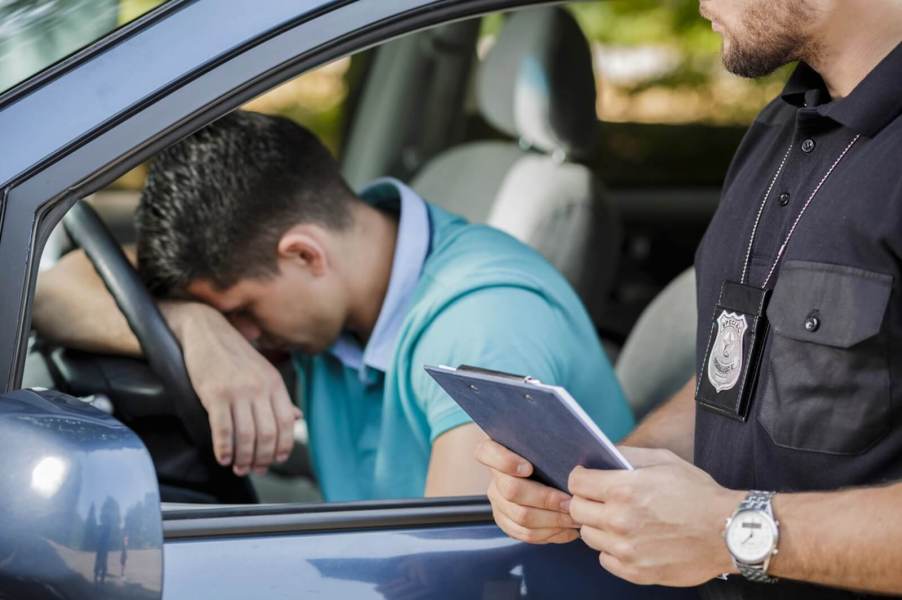
Do speeding tickets affect insurance rates for drivers?
Oh no. The berries and cherries appear in your rear-view mirror and illuminate your cabin. You look down at your speedometer and see it: you were speeding and there’s no way around it. You know this police officer is about to hit you with a pricey citation. So, do speeding tickets affect insurance rates beyond the initial impact of the citation?
Speeding tickets could affect your insurance rates in a negative way leading to pricier premiums
Speeding is a dangerous behavior. The posted speed limits are there to ensure the safety of motorists. Consequently, whether you do so consciously or not, speeding might land you a ticket and a hefty fine courtesy of law enforcement. Unfortunately, your speeding habits might result in higher car insurance rates.
It might seem like overkill, and it is, but it’s true. According to NerdWallet, your car insurance rates will typically rise around 25% after a speeding ticket. While that might seem like highway robbery, a driver with a speeding ticket can expect to pay an average of $2,486 for comprehensive car insurance.
However, a solitary speeding ticket might not affect your car insurance rates. Instead, two or more speeding tickets within three years could easily result in a rate increase. Your best bet is to mind your speed.
Don’t fret, though. Should you get a single speeding ticket and your insurance rates increase, you can shop around for a new provider. USAA and State Farm tend to carry the smallest average rate increase after a speeding ticket, per NerdWallet. Unfortunately, Progressive and Farmers increase drivers’ rates by around $587 or $761 after a speeding violation, respectively.
Moreover, a verbal or written warning from the police almost certainly won’t impact your insurance rates. That said, unless your speeding violation is minimal, you should expect a ticket with a fine and possibly points after a law enforcement officer (LEO) stops you for speeding.



